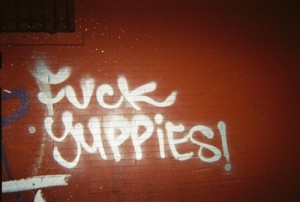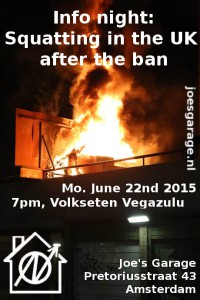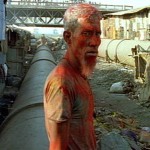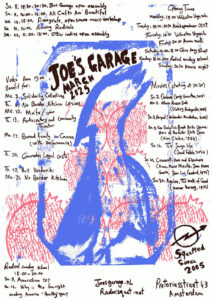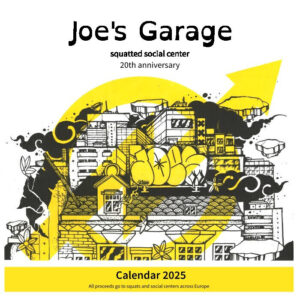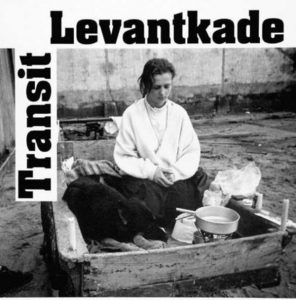 Sunday 3rd february 2019, Film night: Transit Levantkade by Rosemarie Blank. 1991 | 82 minutes | In Dutch with English subtitles. Doors: 20:00, Film 20:30
Sunday 3rd february 2019, Film night: Transit Levantkade by Rosemarie Blank. 1991 | 82 minutes | In Dutch with English subtitles. Doors: 20:00, Film 20:30
This creative documentary captures, in a way, the end of Amsterdam’s wild three decade run of alternative culture. The Berlin wall has fallen, the east-block is no longer a viable possibility, and everything slides into the American de-regulated free-market ideology – and that means that everything that doesn’t make a profit has to be stamped out. Here in Amsterdam that change was more extreme and painful than most other places, simply because Amsterdam was so different than anywhere else.
The Levantekade in Amsterdam’s east harbor was one of the last large-scale alternative spaces to be destroyed. It was a place anyone who didn’t have money could go, a sort of no-man’s land where people could live and create freely. It was a place for those who didn’t fit in. It was a place for the homeless, emigrants and artists and they both created and lived their own alternative culture. Sure, it was rough to live there, but it could also be beautiful for those who valued freedom and had their own vision. This film documents these ‘urban Indians’ and charts the last days before the police came in to remove everyone for the bulldozers. In an act of ritualistic defiance some chose to set fire to their self-made homes, their own creations, rather than leave them to be destroyed by a wrecking-ball. Rosemarie Blank’s film is composed of flickering grainy black and white images which have a rough poetry about them. They depict a dark shadow that is overtaking this playground of the imagination. The mood is a haunting death fugue, and soon these people and the refuge they created, would soon be written off as road-kill for the gentrification and financialization of the city. This film, which digs deep into Amsterdam’s past, is more than anything else an ode to a special way of living… and is especially crucial to see today when even the ADM, leagues outside the city, isn’t allowed to exist as a free space.
Film night at Joe’s Garage, cozy cinema! Free entrance. You want to play a movie, let us know: joe [at] squat [dot] net




